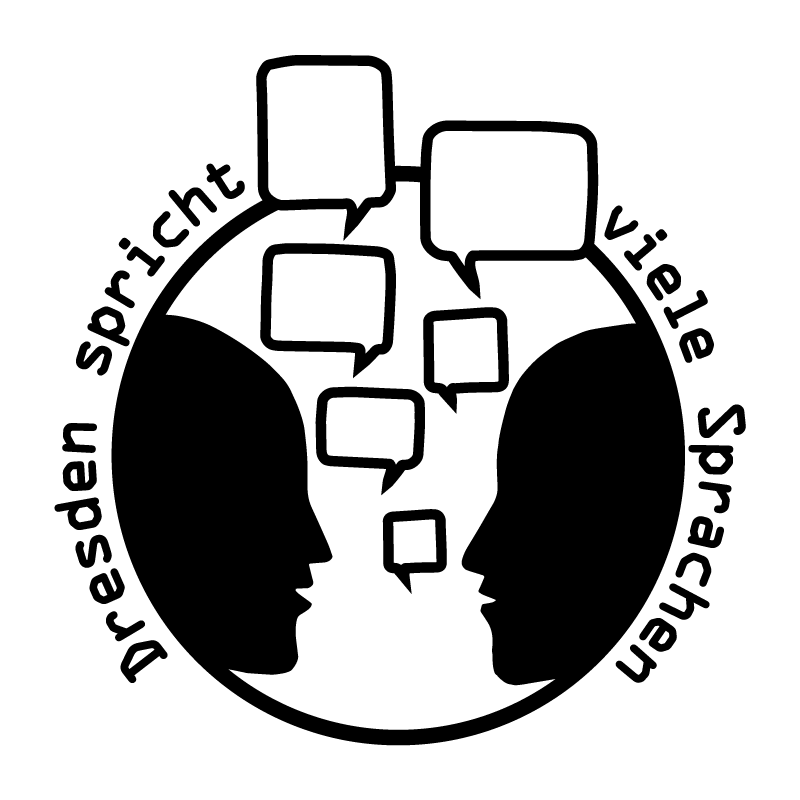
The language
The Swedish language developed from Old and Middle Swedish. Its roots go back to the 8th century, when the Scandinavian countries began to differentiate themselves linguistically.
Over the centuries, Swedish has undergone many influences and changes, including Christianity, Latin and other European languages with it. The Reformation in the 16th century led to the standardization of the Swedish language.
The connection to German is primarily historical and linguistic. Swedish and German are both descended from the Indo-European language family and share many common roots. In the Middle Ages and early modern times, there was a strong cultural and economic exchange between Sweden and Germany, which led to a large number of loanwords from German into the Swedish language.
Swedish is spoken by around 10 million people as their mother tongue. The majority of native Swedish speakers live in Sweden. There are also Swedish-speaking communities in other countries, such as Finland, where Swedish is one of the official languages. In Dresden, around 100 people speak Swedish as their mother tongue.
Writing
Originally, the Scandinavian peoples used runes, known as the Futhark, to record their language in writing. These runes were used until around the 12th century.
With Christianization and the influence of Latin, in particular through the introduction of the Latin script, a gradual changeover began. The translation of the Bible into Swedish, which was published in 1541, also standardized the script. This translation contributed to the standardization of spelling and grammar.
In the 19th century, some letters used in the Swedish language, such as å, ä and ö, were officially recognized, which further differentiated the script. The modern Swedish script is therefore based on the Latin alphabet and has evolved over time through cultural, religious and political influences.
The Swedish alphabet consists of 29 letters. It comprises the 26 letters of the Latin alphabet (A-Z) plus three additional letters: Å, Ä and Ö.
Dresden spricht …
Workshops, tours, writing and printing workshops under the motto “Dresden speaks many languages”

Period
03-12.2024
Porject coordination
Yvonn Spauschus (Projektleitung)
Yulia Vishnichenko · Moussa Mbarek · Nadine Wölk · Rosa Brockelt · Yuliya Firsova · Martin Mannig · Marco Rademann (workshop leader)
Rosa Brockelt · Rosa Hauch · Falk Goernert · Birthe Mühlhoff (moderation, documentation)
Adina Rieckmann · Lydia Hänsel · Anna-Thilo Schmalfeld (tourguides)
Inge · Karin · Salome · Stellus (voluntary help)
Cooperation partners
JugendKunstschule Dresden – Standort Passage, Omse e.V., Nachbarschaftshilfeverein, Stadtteilverein Johannstadt e.V., Malteser Hilfsdienste e.V., Montagscafé am Staatsschauspiel Dresden as well as Chinesisch-Deutsches Zentrum e.V., Lebenshilfe Dresden e.V., GEH8 Kunstraum und Ateliers e.V., Umweltzentrum Dresden – ABC Tische, Internationale Gärten Dresden e.V, ColumbaPalumbus e.V., Ausländerrat Dresden e.V., Blinden- und Sehbehindertenverband, Löbtop e.V. and many more
Supported by
The project is funded by the State Ministry for Social Affairs and Social Cohesion. This measure is co-financed with tax funds on the basis of the budget passed by the Saxon state parliament within the framework of the state programme Integrative Maßnahmen.

Dresden spricht …
Workshops, tours, writing and printing workshops under the motto “Dresden speaks many languages”

Period
03-12.2024
Porject coordination
Yvonn Spauschus (Projektleitung)
Yulia Vishnichenko · Moussa Mbarek · Nadine Wölk · Rosa Brockelt · Yuliya Firsova · Martin Mannig · Marco Rademann (workshop leader)
Rosa Brockelt · Rosa Hauch · Falk Goernert · Birthe Mühlhoff (moderation, documentation)
Adina Rieckmann · Lydia Hänsel · Anna-Thilo Schmalfeld (tourguides)
Inge · Karin · Salome · Stellus (voluntary help)
Cooperation partners
JugendKunstschule Dresden – Standort Passage, Omse e.V., Nachbarschaftshilfeverein, Stadtteilverein Johannstadt e.V., Malteser Hilfsdienste e.V., Montagscafé am Staatsschauspiel Dresden as well as Chinesisch-Deutsches Zentrum e.V., Lebenshilfe Dresden e.V., GEH8 Kunstraum und Ateliers e.V., Umweltzentrum Dresden – ABC Tische, Internationale Gärten Dresden e.V, ColumbaPalumbus e.V., Ausländerrat Dresden e.V., Blinden- und Sehbehindertenverband, Löbtop e.V. and many more
Supported by
The project is funded by the State Ministry for Social Affairs and Social Cohesion. This measure is co-financed with tax funds on the basis of the budget passed by the Saxon state parliament within the framework of the state programme Integrative Maßnahmen.
